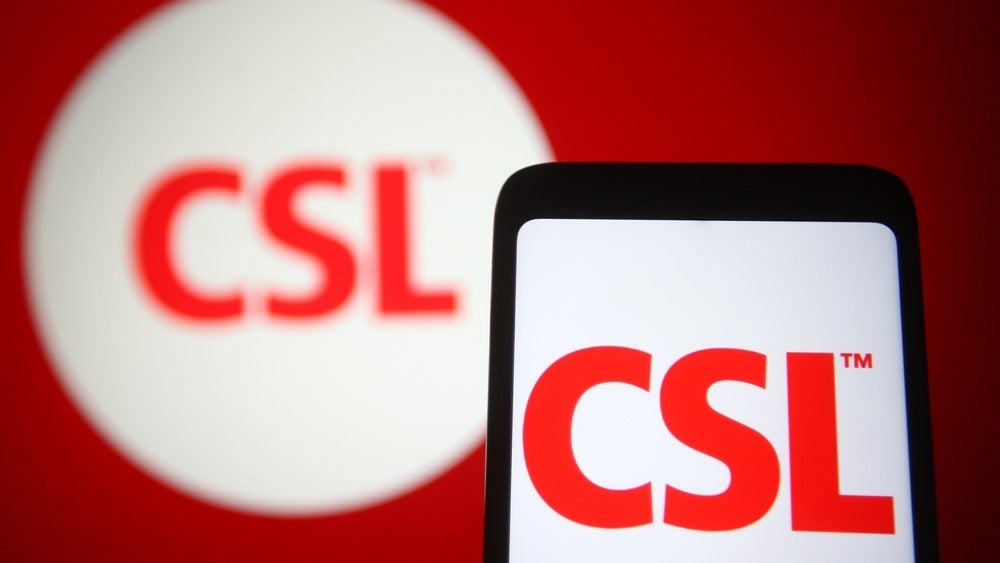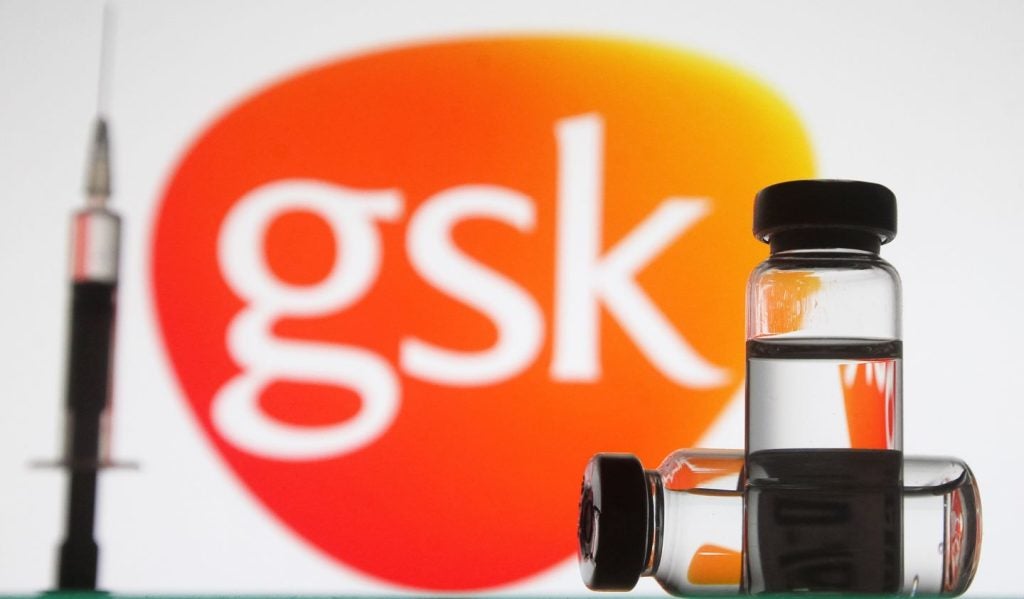The US Food and Drug Administration (FDA) has granted an orphan drug designation (ODD) to US-based biotech Disc Medicine’s DISC-3405 to treat rare blood cancer polycythemia vera (PV).
Disc gained exclusive rights to develop and market the anti-TMPRSS6 (Transmembrane Serine Protease 6) humanised antibody in the US and other territories, when it teamed up with Mabwell Therapeutics in a $412.5m licensing agreement in January 2023.
In October 2023, DISC initiated an ongoing Phase I clinical trial (NCT06050915) for DISC-3405, previously named MWTX-003 with data from the study now expected in H1 2024. The orphan drug designation comes after the drug had previously received fast track designation from the FDA.
The 64-patient Phase I study is divided into groups receiving either a single or multiple doses of DISC-3405, or a placebo. In the single ascending dose (SAD) phase, two subjects serve as sentinels: one receives DISC-3405, and the other placebo. Additional subjects in the cohort are dosed at least 24 hours after the last sentinel dosing, following approval from the principal investigator. Subsequent multiple ascending dose (MAD) cohorts are enrolled only after a sufficient safety observation period for the SAD cohort, removing the need for sentinels in MAD cohorts.
PV, a rare type of blood cancer, is part of a group of conditions called myeloproliferative neoplasms that cause the body to make too many red blood cells. DISC-3405 is a humanised monoclonal antibody that silences TMPRSS6, a protein involved in the regulation of hepcidin production. Hepcidin controls iron absorption, limiting the availability of red blood cell production, preventing the overproduction of red blood cells associated with PV.
In the announcement accompanying the ODD, Disc CEO John Quisel said: “[An] orphan drug designation is an important milestone that highlights the potential of DISC-3405 in PV, a rare disease with few treatment options.”
Earlier this month, pharma-giant Takeda entered a global licence and partnership agreement with Protagonist Therapeutics to develop and market rusfertide, an investigational hepcidin mimetic peptide that mimics hepcidin to treat PV. Protagonist is eligible to receive $300m as an upfront payment from Takeda.















